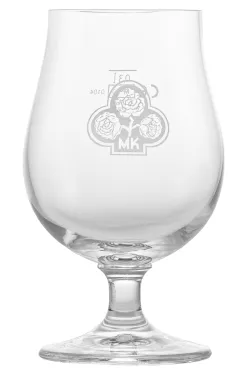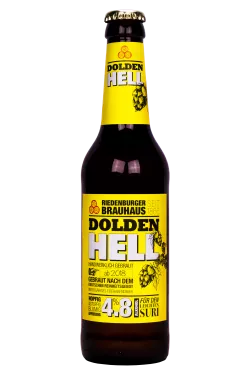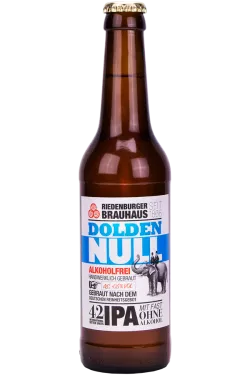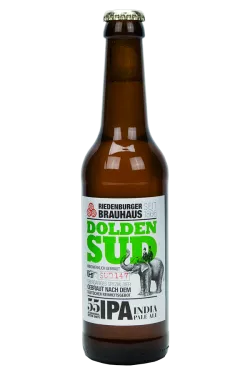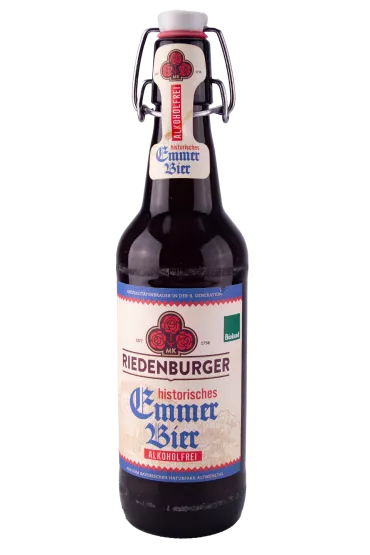
emmer bier non-alcoholic
Notify me
Enter your email address here to be informed once as soon as the article is available again.
The team at Riedenburger Brauhaus has a fascination with grains: As master brewers, they naturally have an affinity for barley, but other grains that are much less commonly encountered in the brewhouse also enjoy their attention. These grains include old, almost forgotten varieties such as einkorn, millet, and emmer. This article will focus on the latter, as this grain from the wheat family is the star of Riedenburger's Historic Emmer Beer.
Emmer was cultivated in the Middle East as early as 10,000 years ago. The plant is characterized by its robust growth and disease resistance, producing a mineral-rich grain that was used in ancient times not only for baking but also for brewing. Gradually, the less complicated wheat replaced emmer in bakeries and brewhouses, but this ancient grain is currently being rediscovered.
The Riedenburger Brauhaus brews two different beers from it: an alcoholic and a non-alcoholic version of their Historic Emmer Beer. Both are organic and both contain a malt base composed of emmer, barley, and spelt, giving the brew a voluminous body. But that's not all: The exquisite grain blend conjures up intense notes of oven-fresh bread, hints of melting caramel, the aroma of roasted nuts, and a robust spiciness in the beer. A fruity hint of hops skillfully rounds out the malt delight.
- Content
-
0,50 Liter Bottle
- Brauerei
-
 Riedenburger Brauhaus
Riedenburger Brauhaus
- Bierothek® ID
- 10100035
- EAN
- 4027013043028
- Weight
- 0.5kg(0.88kg with packaging)
- Deposit
- € 0.08
- LMIV
- Responsible food business operator (EU)
Michael Krieger GmbH & Co. KG, Hammerweg 5, 93339
Riedenburg Deutschland(DE)
- Beer region
- Deutschland
- Beer style
- german lager beers , multigrain beers
- Beer Category
- non-alcoholic beers
- Food recommendation
- Starter: Beef carpaccio
Main course: Grilled poultry with vegetables
Dessert: Heavy cakes - Alcohol content
- 0.5 % vol
- Bitter unity
- 12 IBU
- Original wort
- 6.8 ° Plato
- Ingrediants
Water, emmer malt*, barley malt*, spelt malt*, hops*, yeast*
* from organic farming
Nutritional values per 100g
Calorific value: 21 kcal / 82 kJ
Carbohydrates: 4.2 g
of which sugar: 4.2 g
Fatty acids: < 0.1 g
of which saturated fatty acids: < 0.1 g
Protein: 0.5 g
Salt: < 0.1 g
